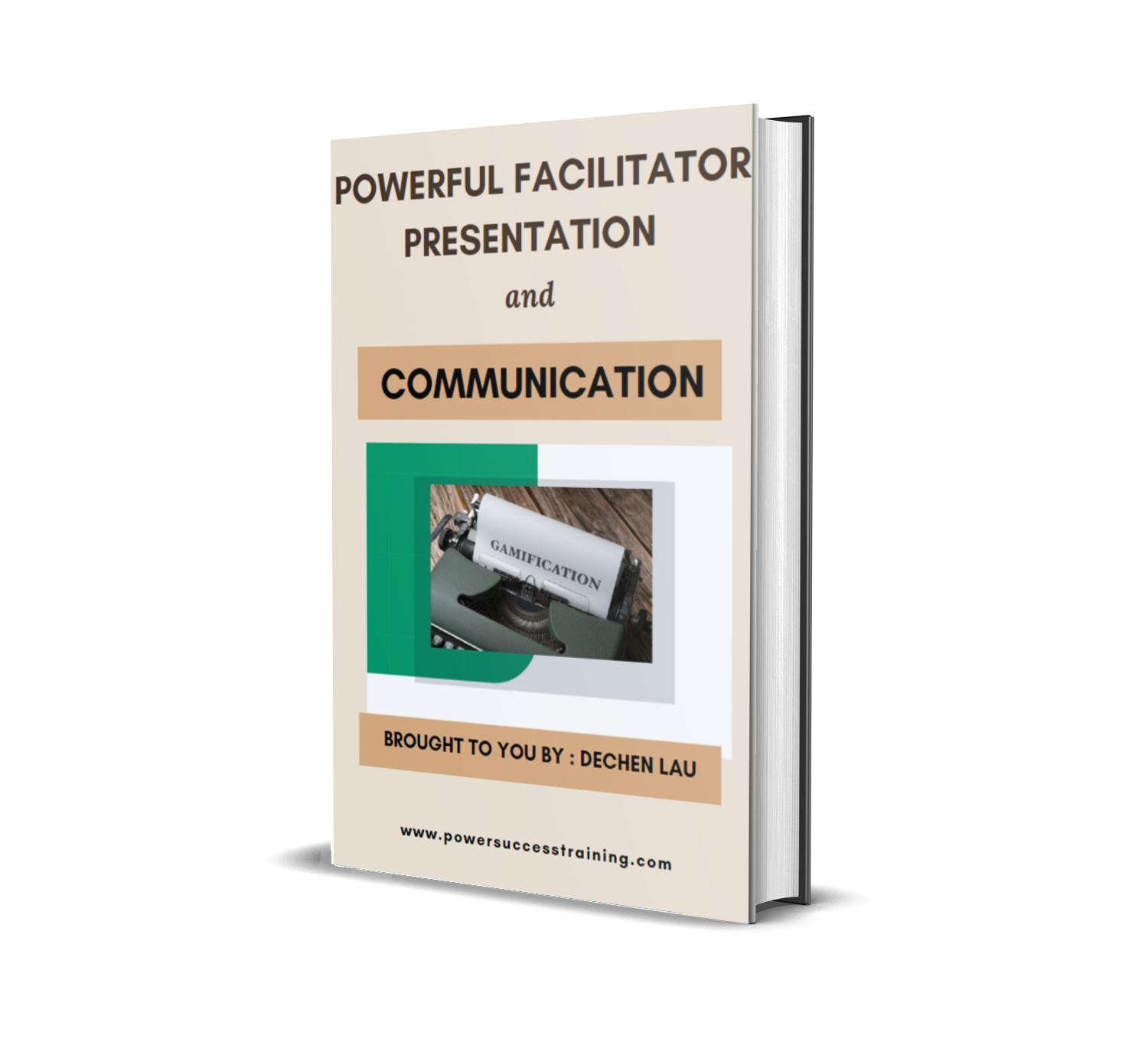The Ebook vs. Physical Book Debate The introduction of digital technology has changed how we read, and as a result, there is a lively discussion between those who support traditional books and those who favor e-books. Accessibility, sensory experience, cost, environmental impact, and the overall reading experience are just a few of the variables that are covered in this discussion, which goes beyond personal preference. As they traverse this terrain, readers frequently find themselves balancing the advantages and disadvantages of every format, resulting in a sophisticated comprehension of what it means to interact with text in the contemporary era. Because they are portable and convenient, e-books have become increasingly popular, enabling readers to carry around entire libraries in their pockets.
Key Takeaways
- The debate between ebooks and physical books is ongoing, with both formats having their own set of advantages and disadvantages.
- Ebooks offer accessibility and convenience, allowing readers to carry multiple books in one device and access them anytime, anywhere. However, they also come with potential drawbacks such as eye strain and battery life issues.
- Physical books provide a tangible and sensory experience, allowing readers to feel the weight of the book, turn the pages, and even smell the paper. This can enhance the reading experience but also comes with the inconvenience of carrying around bulky books.
- When it comes to cost and environmental impact, ebooks are often cheaper and more eco-friendly than physical books, as they require no paper or ink and can be easily distributed electronically.
- The reading experience differs between ebooks and physical books, with some readers preferring the digital format for its adjustable font size and built-in dictionary, while others enjoy the traditional feel of a physical book. Ultimately, the choice between the two formats depends on individual preferences and needs.
On the other hand, many readers treasure the sense of connection & nostalgia that physical books arouse. This article explores the many facets of both formats, examining how they meet various needs and preferences while also taking into account how each option may affect the environment and our reading habits. Unmatched accessibility is provided by e-books, which make literature instantly accessible. Readers can download books from online retailers or libraries instantly using gadgets like e-readers, tablets, and smartphones, doing away with the need to go to a physical store.
Those who have trouble moving around or live in isolated places with few bookstores will especially benefit from this immediacy. In addition, e-books frequently have features like text-to-speech capabilities, background color customization, and adjustable font sizes to accommodate a range of reading needs & preferences. Nevertheless, e-books’ convenience is not without its disadvantages. Because of their dependence on electronic devices, readers have to deal with possible technical problems & battery life. Also, the digital format may cause distractions; social media or other app notifications may break up the reading session.
Some people find that reading on a screen causes eye strain or fatigue, which lessens the pleasure of losing themselves in a story. Thus, despite the fact that e-books offer substantial accessibility benefits, they also come with drawbacks that may make reading less enjoyable overall. E-books cannot replace the tactile experience that comes with physical books. Readers may experience intense emotional reactions to the weight of a book in their hands, the feel of turning pages, or even the smell of paper.
The tactile nature of books provides solace to many people; it fosters a personal bond that improves the reading experience. By making it simple for readers to go back & review sections or consider their progress through the story, turning pages can also encourage a deeper engagement with the text. Also, real books are ornamental items that can improve a person’s living area.
A well-stocked bookcase can spark conversation and be a source of pride. Readers frequently turn physical book collecting into a pastime in and of itself, searching for rare or special editions that have sentimental value. A feeling of community among readers who value the craft of book collecting is fostered by this aspect of ownership.
Physical books can be treasured artifacts that tell stories beyond their written content, in contrast to the transient nature of digital files. E-books are typically more affordable than print books. Due to lower production costs, digital titles are frequently more affordable than their print counterparts.
It is also financially possible for voracious readers to discover new books without going over budget thanks to the subscription services that many platforms provide, which let users access a sizable library for a monthly fee. Also, especially for purchases made internationally, ebooks do away with the shipping expenses related to physical books. The effects of both formats on the environment, however, are complicated. Because they don’t need paper, ink, or transportation resources, e-books are frequently marketed as the more environmentally friendly choice.
The manufacturing and disposal of electronic devices, however, greatly exacerbates environmental damage. Pollution & habitat destruction may result from the mining of rare earth metals for electronics. On the other hand, physical books may have a longer lifespan because they can be recycled or donated after use, even though they need trees to produce the paper. When it comes to sustainability, this dichotomy prompts readers to think about their environmental impact & poses significant questions. The reading experience itself differs greatly between physical books and e-books.
Ebooks frequently have features intended to improve reading comprehension and engagement. Many ebook platforms, for example, let users highlight text, take notes, or quickly look up definitions without ever leaving the page. When it comes to academic texts or intricate narratives, these tools can help people comprehend & remember information more deeply. However, for many people, reading books in print offers a more immersive and uninterrupted experience.
Without any interruptions from notifications or screen glare, readers can concentrate entirely on the text. Also, many readers value the ability to visually monitor their progress by comparing the amount of material they have read to what is still left in a physical book. In ways that reading an ebook might not be able to duplicate, this real sense of achievement can be inspiring and fulfilling. E-books’ ability to save space.
Because they are digital, e-books are excellent in this regard; thousands of titles can be kept on a single device without taking up physical space. Those who frequently travel or live in small apartments will especially benefit from this convenience. Electronic Book Organization Tools. Users can arrange their libraries by genre, author, or personal preference using the organizational tools that are frequently included with e-readers.
The difficulties in storing books physically. Physical books, on the other hand, need a special area for organization & storage. A carefully chosen bookshelf can develop into a private library that represents a person’s preferences & passions. However, space management becomes more difficult as collections expand. When shelf space runs out, readers may have to make tough choices about which books to donate or keep.
Moving a large collection can be more difficult than just moving files from one device to another, and physical books can be hard to move. The dynamics of ownership for physical books and ebooks are very different. Readers who buy physical books acquire complete ownership rights, enabling them to pass them down through the generations, lend them to friends, or sell them at secondhand book stores.
When readers exchange books or share their favorite books with others, this sense of ownership helps to create a sense of community. Digital rights management, on the other hand, frequently places limitations on ebooks. Although buying an e-book gives you access to the material, it doesn’t always mean you have complete ownership rights. Many platforms restrict sharing features; lending an ebook, for example, might not be permitted at all or might only be possible for a restricted period of time. This restriction may irritate readers who want to recommend their favorite books to friends or family.
Also, access to purchased titles may be completely lost if an ebook platform shuts down or if a reader’s account is compromised—a frightening possibility for people who cherish their digital libraries. The decision between e-books & print books ultimately comes down to personal preferences and situational factors. Different facets of reading culture are catered to by the distinct benefits and difficulties presented by each format. E-books offer accessibility & convenience that complement contemporary lifestyles, along with features that improve comprehension.
However, for many readers, the tactile experience that physical books provide is incomparable; it encourages social interaction and emotional bonds. It is crucial for readers to think about what matters most to them as technology develops and shapes our reading habits, whether that be cost-effectiveness, environmental impact, convenience, or sensory experience. In the end, many readers might benefit from accepting both formats as supplementary resources in their literary explorations as opposed to considering them as mutually exclusive choices.
If you are interested in exploring the benefits of ebooks further, you may want to check out this article on Unlocking Unlimited Knowledge: The Power of Ebook Monthly Subscriptions. This article delves into the advantages of subscribing to a monthly ebook service, allowing you to access a wide range of titles at your fingertips. Additionally, you can learn more about the various offerings available through ebook memberships by visiting this link. If you are ready to take the plunge and join an ebook membership, you can find more information on how to do so by visiting this page.


